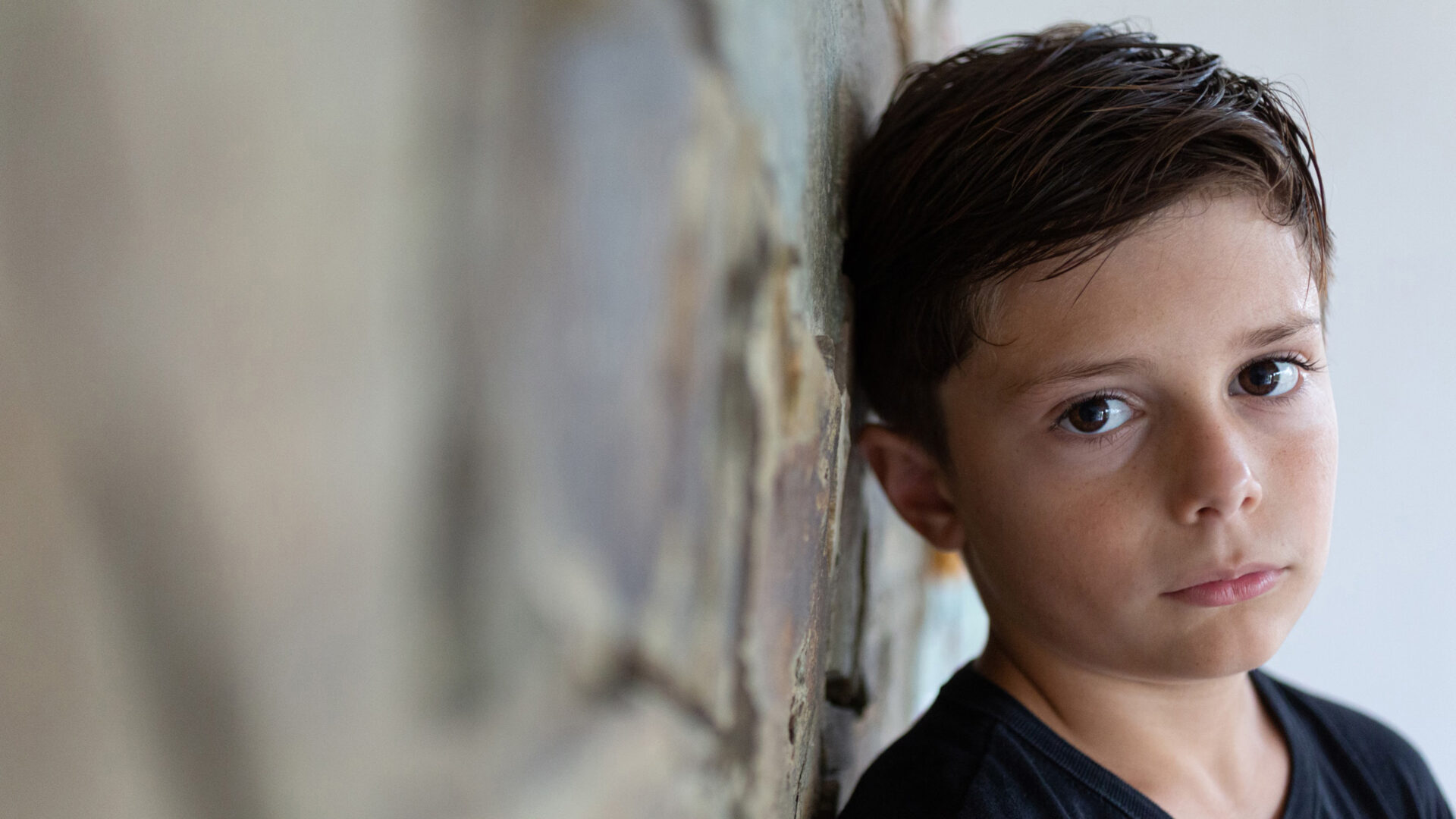

Promoting trauma-informed, evidence-based practices through shared learning.
Trauma-Informed Community of Practice.

Learn More
Communities of practice are groups of people with shared interests or challenges who come together to improve their knowledge and skills. At LifeBridge, we focus on integrating trauma-informed approaches into our organization to enhance our services. We created the Trauma-Informed Community of Practice (TI-CoP) to invite service providers and community organizations to join us on this transformative journey.
-
2/24: Dignity as a Intervention: Moving Toward Weight-Inclusive Practice
-
1/26: Understanding Developmental Trauma: Distinguishing PTSD, DTD, and Practical Tools for Youth-Serving Professionals
-
12/25: Redefining Love: Trauma, Boundaries, and Relational Repair
-
10/25: Understanding the Impact of Trauma on Learning and Behavior
-
9/25: Trauma-Informed Approaches for First Responders
-
7/25: Building Trauma-Responsive Courtrooms
-
6/25: LifeBridge's Process to Better Support Those Affected By Trauma
-
5/25: Secondary Exposure to Trauma: Implications for Individuals and Organizations
-
4/25: The Biology of Trauma and How Wellness Skills Stabilize the Nervous System
-
3/2025: Increase and Sustain Client Engagement
-
2/2025: Complex Trauma in Families
-
1/2025: Support for Refugees and Immigrants
-
12/2024: Intergenerational Trauma Patterns
-
11/2024: Key Principles of Trauma-Informed Approach
-
10/2024: Trust
-
9/2024: Launch! The Science of Resilience

Trauma-Informed Organizations
A trauma-informed organization understands that trauma affects its employees and the communities it serves. It recognizes the signs of trauma and its harmful effects. To support healing, the organization creates a safe environment. This involves implementing policies, practices, and training that prioritize mental health and well-being, ultimately fostering a culture of empathy, trust, and safety for everyone involved.

What are adverse childhood experiences (ACEs)?
Adverse childhood experiences (ACEs) are serious events that occur during childhood, including abuse, neglect, and family or community problems. Research shows a strong link between ACEs and negative outcomes like alcoholism, drug abuse, depression, suicide, poor physical health, and obesity. ACEs contribute to 7 out of 10 deaths and can shorten life expectancy by up to 20 years.

What are positive childhood experiences (PCEs)?
Positive childhood experiences (PCEs) are safe, stable, and caring relationships and environments for children. They help protect against trauma, stress, and adverse childhood experiences (ACEs). PCEs can occur both at home and in the community. Children with traumatic backgrounds often struggle to build relationships with adults, but these connections are crucial for their growth. PCEs boost self-esteem by showing children they are valued and that the world is safe. Consistent love and support from parents can greatly enhance a child’s well-being. There is a strong link between PCEs in childhood and good mental health in adulthood. The more positive experiences a child has, the less likely they will face mental health issues later on. In short, having more PCEs leads to healthier, more resilient adults.

The cost of ACEs
Adverse childhood experiences (ACEs) are expensive. A CDC study found that ACEs cost Connecticut taxpayers $174 billion each year in healthcare alone, not including criminal justice, education, and child welfare costs. A trauma-informed system can improve health and social outcomes while lowering economic costs.
Peterson C, Aslam MV, Niolon PH, Bacon S, Bellis MA, Mercy JA, Florence C. Economic Burden of Health Conditions Associated With Adverse Childhood Experiences Among US Adults. JAMA Netw Open. 2023 Dec 1;6(12)